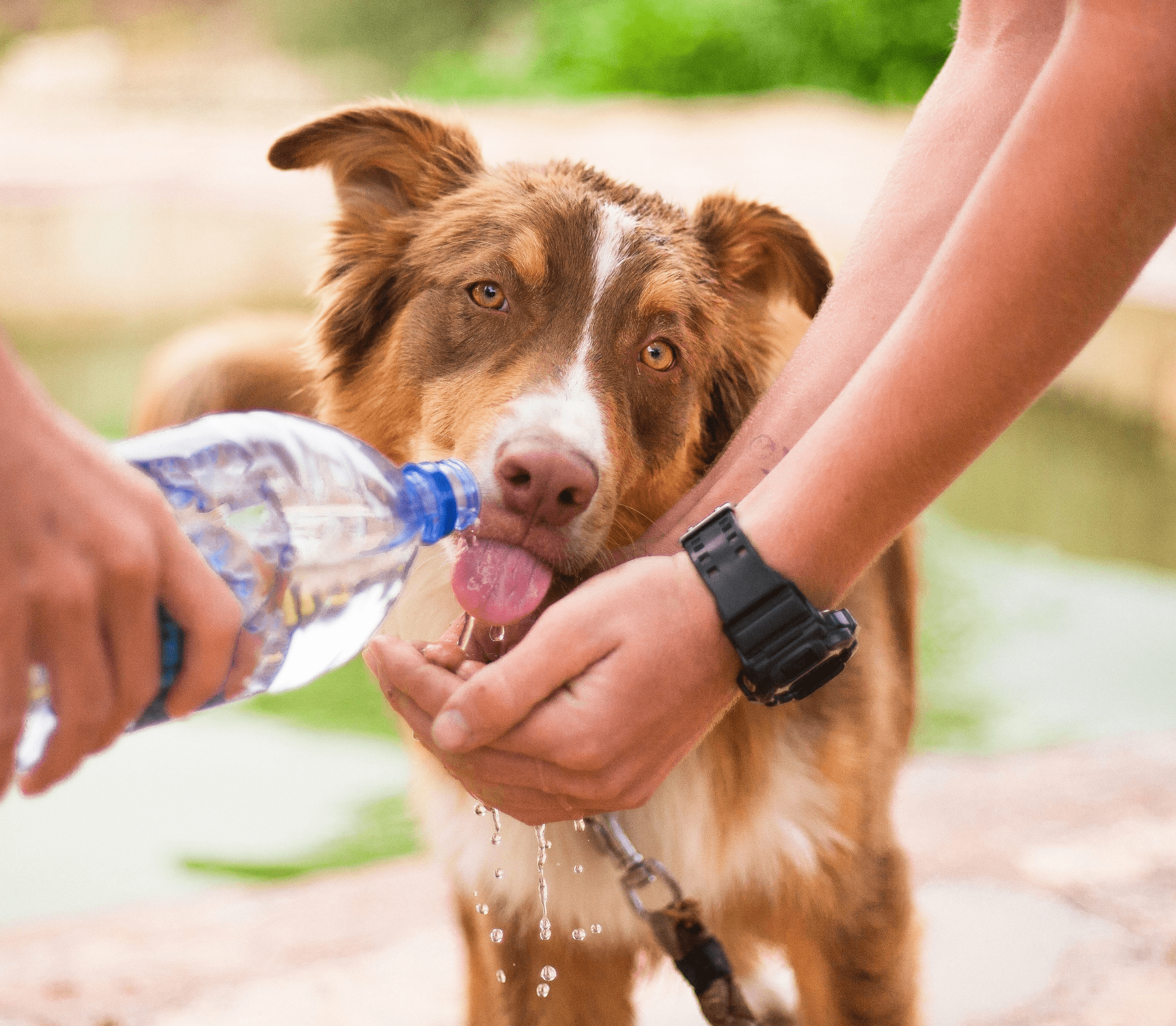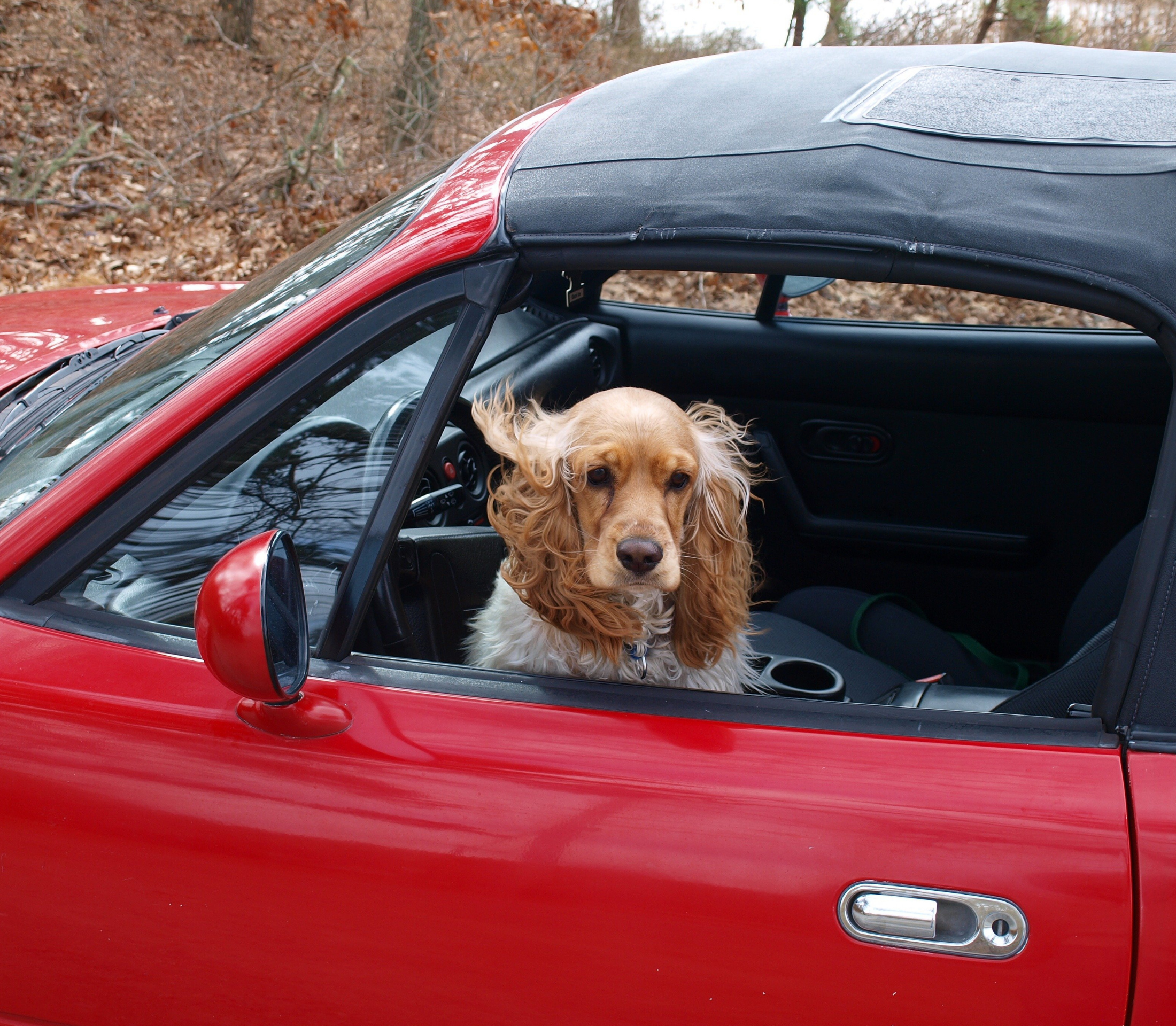Dew Claw Removal
Have you ever noticed Fido’s back claw? Known as a dew claw, this one is a bit higher than the others. While most dog owners leave their pets’ dew claws alone people do sometimes opt to remove them. A local Washington DC vet explains dew claw removal below.
Is The Dew Claw Necessary?
The dew claw is, in a way, the doggy version of a human thumb. However, Fido probably won’t be using his dew claws to build stone tools anytime soon. In fact, doggy dew claws have become pretty useless, and have moved up the leg a bit.
Why Remove Dewclaws?
In some cases, dew claws are removed for showing purposes. However, this is by no means the only reason to remove Fido’s dew claws. This is sometimes done to prevent injuries or infections. For instance, dogs that hunt—or even spend a lot of time in the wild—sometimes snag their dew claws on roots and brambles. Dogs with double dew claws, such as the Great Pyrenees, are particularly prone to this. While many dogs do just fine with their dew claws, if Fido keeps tearing his or getting it snagged on things, you may want to consider getting it removed. Ask your vet for more information.
When To Remove Dew Claws
With some breeds, the dew claw has traditionally been removed a few days after birth. However, it isn’t uncommon to see this procedure coupled with spay/neuter surgery. This does make sense, as Fido is already here and under anesthesia. However, some people decide to have the procedure done at another time. Ask your vet for specific recommendations.
Leaving Dew Claws Alone
As noted above, many people prefer to leave their pets’ dew claws alone. If you aren’t sure what to do, ask your vet for specific advice. That’s what we’re here for! If you decide not to get them removed, be sure to take care of them. If the dew claw is neglected, it can actually grow into Fido’s skin. Like an ingrown toenail, this can be very painful!
Tips
If you decide to remove Fido’s dew claws, don’t try to do it yourself. This should definitely be done by a veterinarian in a sterile environment.
Do you have questions about dew claw removal? Do you need to make an appointment for your pet? Please contact us, your Washington DC pet clinic, today.



